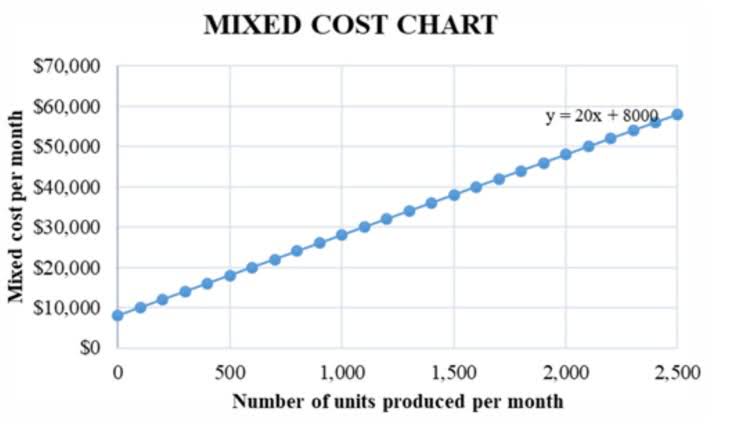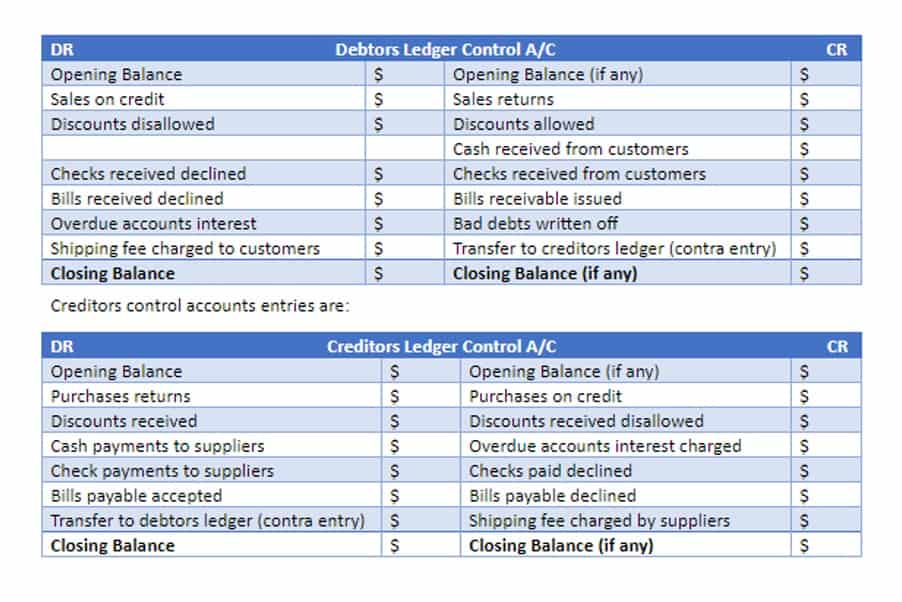
Accrual is a principle that attempts to match revenues with the expenses incurred in earning them. It forms the basis of the accrual method of accounting and adjusting financial statements. Accrual accounting provides a more accurate representation of a company’s financial performance and position by matching revenue and expenses with the period in which they are earned or incurred. It allows businesses to make informed decisions based on their actual economic activities rather than just the movement of cash. Under this method, revenue is recognized when it is earned, meaning when goods are delivered or services are performed, regardless of when the payment is received. An accrual allows a business to record expenses and revenues for which it expects to expend cash or receive cash, respectively, in a future period.
- You would book the entry by debiting accounts receivable by $10,000 and crediting revenue by $10,000.
- The other difference between the two is whether the income or expense is recognized as an asset or a liability.
- When the product has already been delivered, i.e. business delivered the product or business consumed the product, but compensation was not received or paid for it, then it is considered as accrual.
- In the first month, Grouch generates $4,000 of billable services, for which it can accrue revenue in that month.
Example of Accruals and Accounting Treatment

The year end closing process is used to convert the books from a cash to accrual basis. This results in recognition of accrued expenses, accounts receivables, deferred revenue, and prepaid assets. Accruals occur when the exchange of cash follows the delivery of goods or services (accrued expense & accounts receivable). Deferrals occur when the exchange of cash precedes the delivery of goods and services (prepaid expense & deferred revenue). Journal entries are booked to properly recognize revenue and expense in the correct fiscal year.
- The term accruals and deferrals applies equally to both revenue and expenses as explained below.
- Grouch also receives an invoice for $12,000, containing an advance charge for rent on a storage facility for the next year.
- This allows businesses to match revenue with the period in which it was generated, providing a more accurate reflection of their financial performance.
- This method is often used by small businesses or individuals who do not have complex financial transactions.
- In simple terms, it states that you should recognize any revenue earned as a direct outcome of a business expense in the same period as the expense.
Accounts receivable
Forecasting, on the other hand, benefits from the clarity provided by accrual accounting. By analyzing trends in revenues and expenses as they are accounting recognized, rather than when cash is exchanged, companies can predict future financial positions with greater accuracy. This is particularly useful for long-term forecasting, where the timing of cash flows may be less indicative of a company’s ongoing financial health than the recognition of revenues and expenses. Deferral accounting’s impact on forecasting is also significant, as it requires companies to consider the timing of revenue recognition and expense matching. This can affect projections for cash flow and profitability, especially in industries with long-term contracts or subscription-based revenue models.
Revenue Accrual Journal Entry

The key benefit of accruals and deferrals is that revenue and expense will align so businesses can account for all expenses and revenue during an accounting period. If businesses only recorded transactions when revenue is received or payments are made, they would not have an accurate picture of what they owe and what customers owe them. In summary, while accrual accounting provides a more accurate depiction of a company’s financial performance, deferral accounting offers simplicity and focuses on actual cash movements.

For example, if a business provides services but hasn’t received payment by the end of the accounting period, accrual basis accounting requires that this revenue still be recorded within that period. Accrual is an accounting method where companies record revenue and expenses as they are earned or incurred, not when money changes hands. Certain accounting concepts are generally used in any company’s revenue and expense recognition principle. These are adjusting entries, known as accrual and deferral accounting, used by businesses often to adapt their books of accounts to reflect the accurate Legal E-Billing picture of the company. Financial reporting stands as a critical tool for businesses, investors, and regulators to assess the economic health of an organization. Two methodologies that guide how transactions are recorded in these reports are accrual and deferral accounting.

explore more: tax evasion vs. tax avoidance: definitions, types, and differences
Using these strategies regularly helps someone looking at a balance sheet comprehend an organization’s financial health during the accounting period. It also assists business owners and managers in measuring and analyzing activities as well as understanding financial commitments and revenues. The accrual vs deferral receipt of payment has no bearing on when revenue is received using this method.
